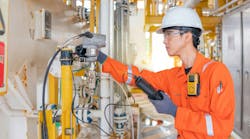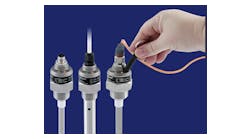Acid manufacturer Rhodia Inc. (www.na.rhodia.com) will pay a $2 million penalty and spend approximately $50 million on air pollution controls at eight production plants in four states across the country, to resolve allegations that the company violated the Clean Air Act. The pollution controls are expected to reduce harmful emissions from its production plants in Texas, Louisiana, California and Indiana by 19,000 tons per year.
The company will meet new, lower emission limits for sulfur dioxide at eight sulfuric acid production units: two in Houston, Texas, and one in Baytown, Texas; two in Baton Rouge, La.; one each in Martinez, Calif., and Dominguez, Calif.; and one in Hammond, Ind. To meet these limits, the company will install state-of-the-art pollution control equipment at several plants and change operating procedures at several others. The states of Indiana and Louisiana, California”s Bay Area Air Quality Management District, and the city of Hammond, Ind., joined the federal government in today”s agreement and will receive shares of the civil penalty.
Rhodia is the first sulfuric-acid manufacturer in the nation to agree to a company-wide “global” compliance agreement. As a result of these actions, actual emissions at some of the Rhodia plants will decrease by more than 90 percent. The Justice Department and the Environmental Protection Agency (EPA, www.epa.gov) expect to reach similar agreements with other sulfuric acid manufacturers.
Rhodia”s plants produce acid by burning sulfur-containing compounds, creating sulfur dioxide. The sulfur dioxide is then converted to sulfur trioxide, which combines with water to form sulfuric acid. Air pollution is created when “unconverted” sulfur dioxide and sulfuric acid mist is released to the atmosphere.
Continue Reading
Continue Reading

